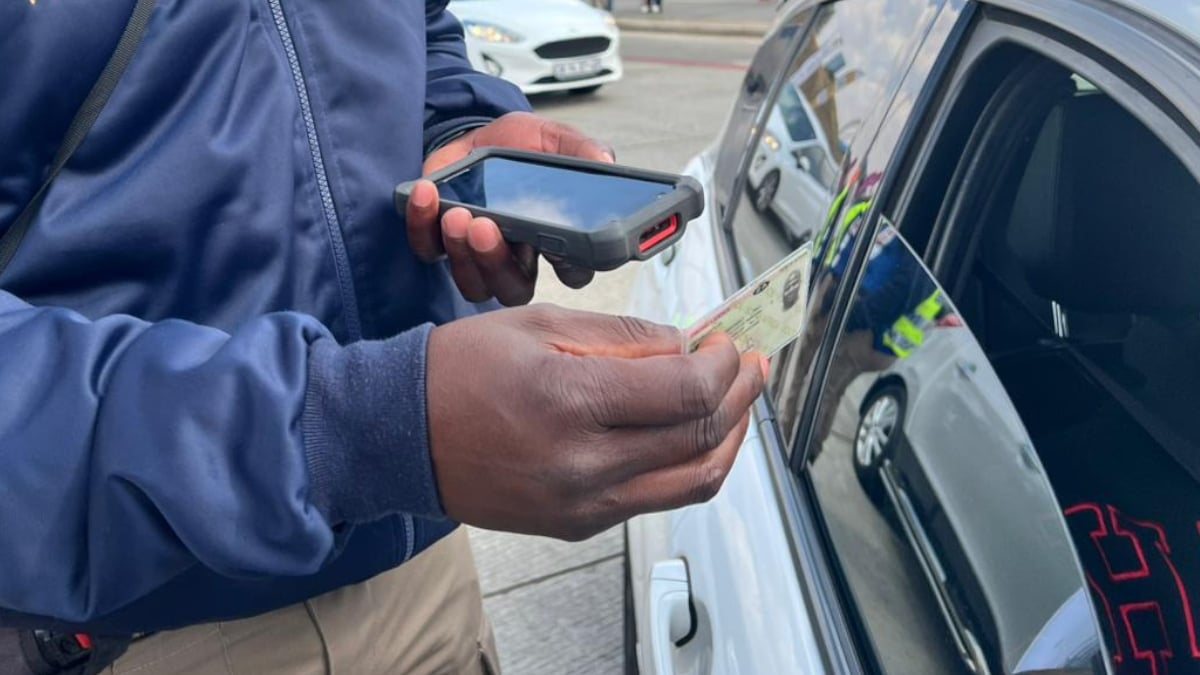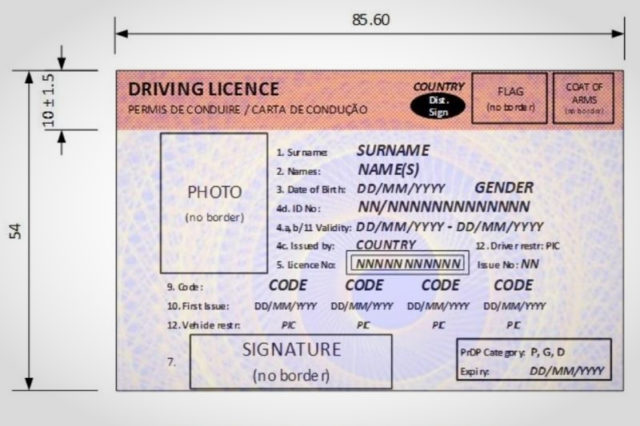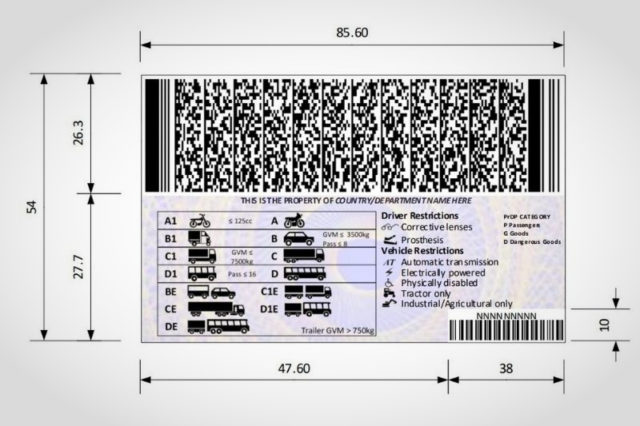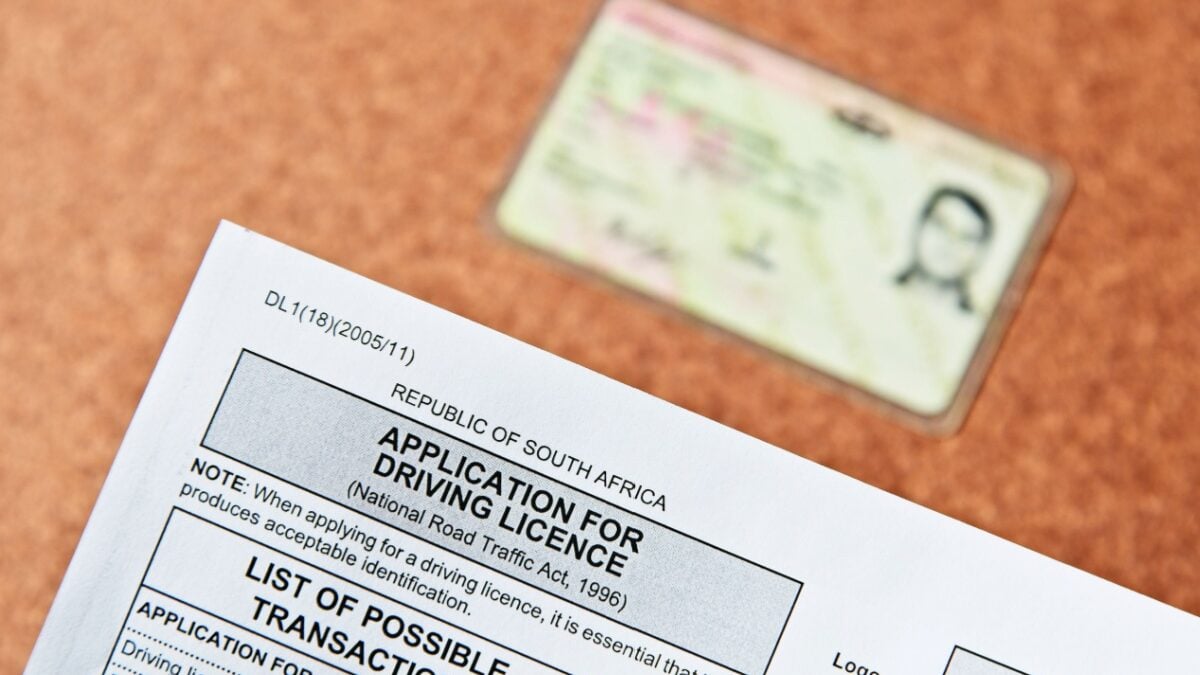

The Pretoria High Court has yet to set a court date for the transport department’s legal challenge against a new driving licence card printing contract.
The department filed its case against the tender awarded to French firm Idemia by its Driving Licence Card Account (DLCA) division in the Pretoria High Court in July 2025.
The department wants the court to set aside the contract due to several irregularities in the procurement identified by the Auditor-General of South Africa (AGSA).
Following several years and multiple publications and withdrawals of the tender, the department announced Idemia as the winning bidder for the contract in August 2024.
The Organisation Undoing Tax Abuse (Outa) soon met with transport minister Barbara Creecy to point out several procurement irregularities, providing a detailed report about the findings of its investigation.
In September 2024, Creecy instructed the Auditor-General of South Africa to expand the scope of an investigation into the tender to investigate Outa’s allegations.
Key among the issues is that the cost of the tender had ballooned from an initial Cabinet-approved budget of R486 million to R899 million.
The tender adjudication process allegedly also had several flaws, including reliance on outdated pricing, omission of printing material costs, and errors in evaluation scoring and machine assessments.
The department does not wish to have the matter mediated due to some unresolved disputes with Idemia.
Among them is that another department entity — the Airports Company South Africa — also terminated an Idemia biometric border control system contract.
However, Advocate Adam Masombuka, the department’s legal services chief director, has warned that cancelling the driving licence contract would result in an interdict and a years-long legal process.
Masombuka said that although the tender had irregularities, none were material, nor did they justify grounds for cancellation.
Transport department spokesperson Collen Msibi said the department did not yet have an indication whether Idemia intended to oppose its application.
Home Affairs division could print cards


In addition to allowing a rerun of the tender, the department has asked the court to make a ruling allowing the Home Affairs department to print the licence cards in the interim.
The Government Printing Works already produces the country’s polycarbonate smart ID card, which features similar features to the envisioned driving licence card.
The department recently announced a memorandum of understanding with the GPW to provide a backup printing solution for driving licence cards if the current printer should break down again.
Organisations, including the Automobile Association of South Africa, have questioned whether GPW should not become the permanent service provider.
The current driving licence card printer is nearly three decades old and has suffered numerous technical outages in recent years, drawing further scrutiny.
Public frustration about the card renewal process, notorious for its extensive delays, inefficiency, and corruption, reached a boiling point during the Covid-19 pandemic.
In late 2021 and early 2022, the printer suffered a nearly four-month breakdown, resulting in the pandemic-induced backlog surging to over 1.3 million cards.
The challenges in renewing cards have also led to civil society organisations, including Outa and AfriForum, calling for an extension of the card’s five-year validity period.
They argue that a longer validity period would reduce strain on the department’s printing capabilities and be more convenient for drivers.
Department flip-flops over card expiry

Under former transport minister Fikile Mbalula, the department said it would extend the validity period of driving licence cards to eight years.
Mbalula explained that the original validity period was based on concerns that the laminated cards would start to wear down after five years. This concern turned out to be unfounded.
However, his successor, Sindisiwe Chikunga, backtracked on extending the validity period based on an independent report compiled on behalf of the Road Traffic Management Corporation.
Chikunga and RTMC CEO Makhosini argued that the five-year renewal period was necessary because many accidents were caused by infectious and other diseases, including eye-related diseases.
Outa obtained the report and found that it recommended extending the validity of the existing laminated cards to eight years, based on an analysis of many other countries’ licence renewal periods.
The report also recommended a 10-year validity period for the planned polycarbonate smart driving licence cards.
While the report acknowledged that many South Africans did not get their eyesight tested regularly, the tests currently used locally were also not adequate to confirm a motorist’s fitness to drive.
In countries with the best road safety records, a health screening was only necessary at the initial licence issue and again after a motorist reached an advanced age.
Critics like Driving.co.za’s Rob Handfield-Jones believe five-year validity is a money spinner rather than about a durability or safety concern. Creecy herself recently admitted as much.
Source: https://mybroadband.co.za/news/motoring/614935-south-africas-new-driving-licence-cards.html
.



